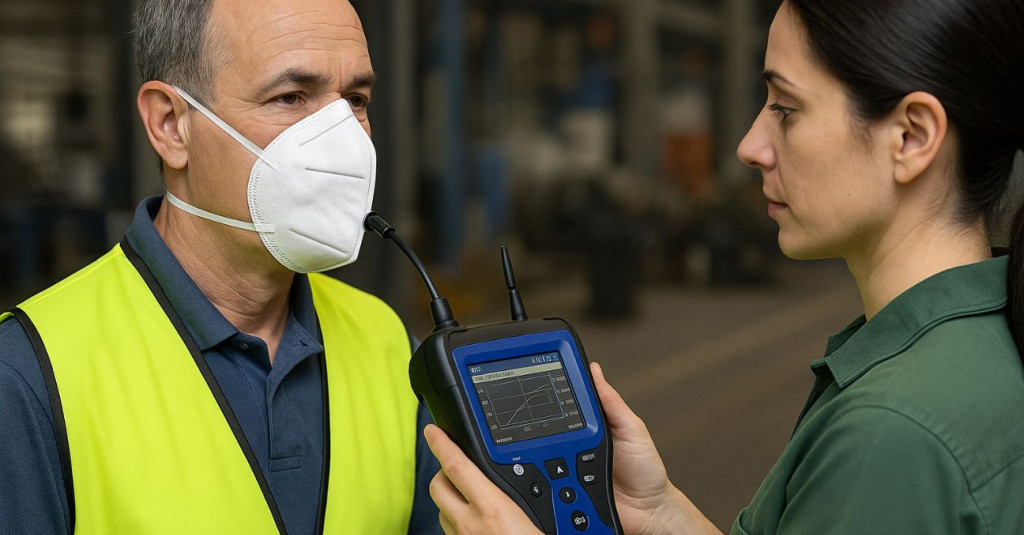News
Office of Sustainability Enhances Climate-Ready Workplace Safety in Webinar on Inhalable Hazards

The Office of Sustainability at Ajman University has further equipped the university to address the evolving occupational health challenges of a changing climate through its participation in a specialized two-part webinar series on inhalable hazards, held on 10th and 17th July 2024.
The series, delivered by Janina Sander from global precision instrument leader TSI, provided critical training in exposure monitoring and respiratory protection—skills increasingly vital as climate change intensifies workplace air quality risks.
"The intersection of climate change and occupational safety is a key frontier for sustainability," said Rami Elhadi from the Office of Sustainability. "Rising temperatures, prolonged dust storms, and increased airborne pollutants directly impact the health and safety of our university community. This training is essential for developing proactive, climate-resilient safety protocols to protect our personnel in facilities, labs, and outdoor campus environments."
The webinars focused on two core components of modern occupational hygiene:
-
Aerosol Monitoring: The first session, “Aerosol Monitoring: How to Monitor Dust Exposure?”, delved into the science of dust formation and measurement technologies. In a region where climate change is projected to increase the frequency and intensity of dust storms, the ability to accurately monitor particulate matter is crucial for pre-emptively safeguarding outdoor workers and managing indoor air quality.
-
Respirator Fit Testing: The second session, “Respirator Fit Testing: How to Improve Respiratory Protection?”, emphasized fit testing as a critical defense measure. With environmental air quality becoming more unpredictable, ensuring the proper fit and performance of respiratory protective equipment (RPE) is a fundamental step in climate adaptation for workforce safety.
This initiative strengthens Ajman University’s comprehensive approach to sustainability, which integrates human health and safety with environmental stewardship. By building technical capacity in climate-aggravated hazards, the Office of Sustainability directly supports the university’s commitment to the UN Sustainable Development Goals (SDGs), particularly Good Health and Well-being (SDG 3) and Climate Action (SDG 13), fostering a safer, healthier, and more resilient campus community.